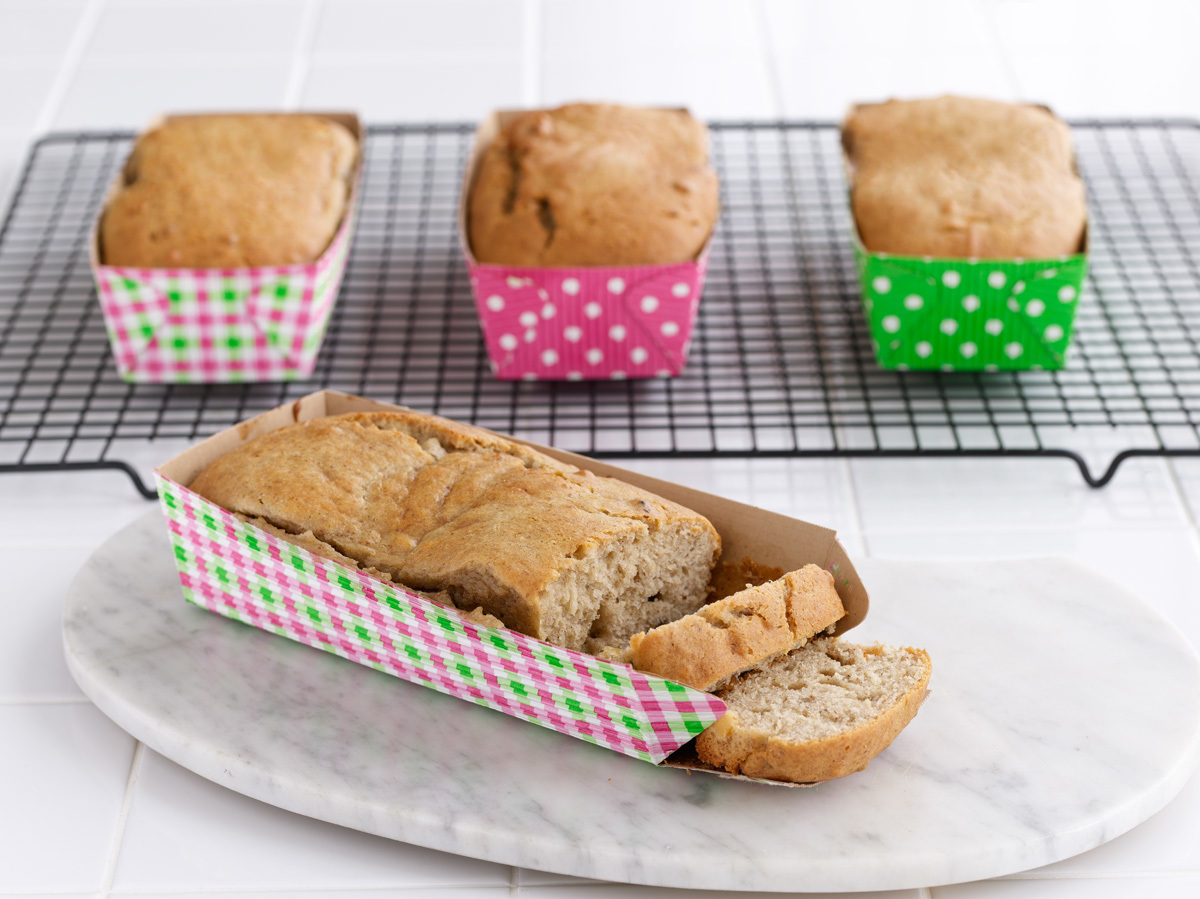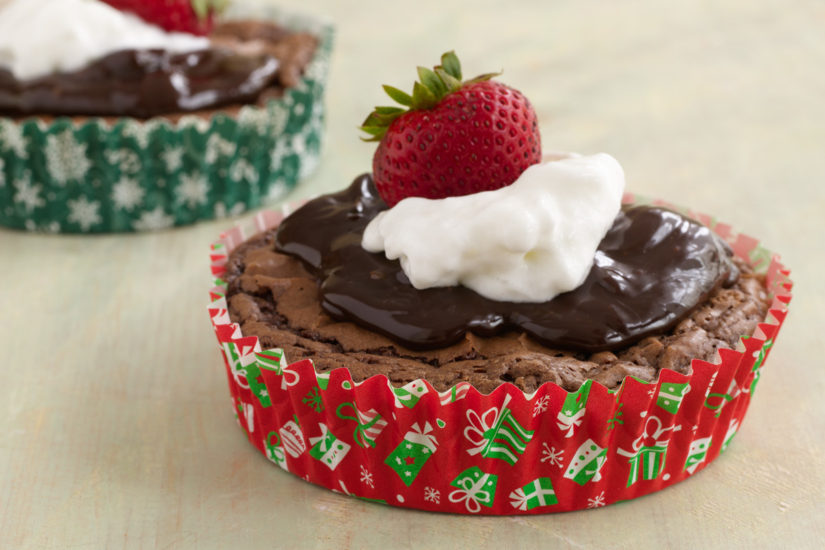No matter how long you’ve been baking, you can still fall victim to baking pitfalls. Trial and error is part of what makes it fun, but sometimes it’s helpful to re-educate yourself on the basics. While baking time may seem like a no-brainer (you just follow the recipe, right?), it’s helpful to fully understand that baking is a science and to master some tricks for salvaging underbaked items.
When you heat batter or dough in your oven, you’re creating a chemical reaction. Specifically, the heat transforms raw ingredients into your cake or cupcakes or loaf of bread. For the best end result, you must bake your raw ingredients at the proper temperature for the proper amount of time. Otherwise, you’ll end up with a collapsed, sunken, slightly gooey version of what you’d hoped for.
- Preheat. You might be tempted to pop your item in the oven before it’s fully preheated. If you have an electric oven, this is a bad idea, as the coils are not automatically hot, and this fact can affect cooking time.
- Use the middle. Unless your recipe specifies otherwise, opt for the middle of your oven, which will cook your product at a steady rate throughout.
- Choose your bakeware appropriately. Our freestanding bakeware can be placed directly on your oven rack or a cookie sheet and does not require pre-greasing or flouring. You also don’t have to worry about residue from past baked goods affecting your latest concoction.
- Test. Begin checking on your item(s) at regular intervals well before the recipe says it should be done. Test for doneness with a tester or thin knife, looking to see that no crumbs are sticking to the knife when you pull it out.
Happy baking!




